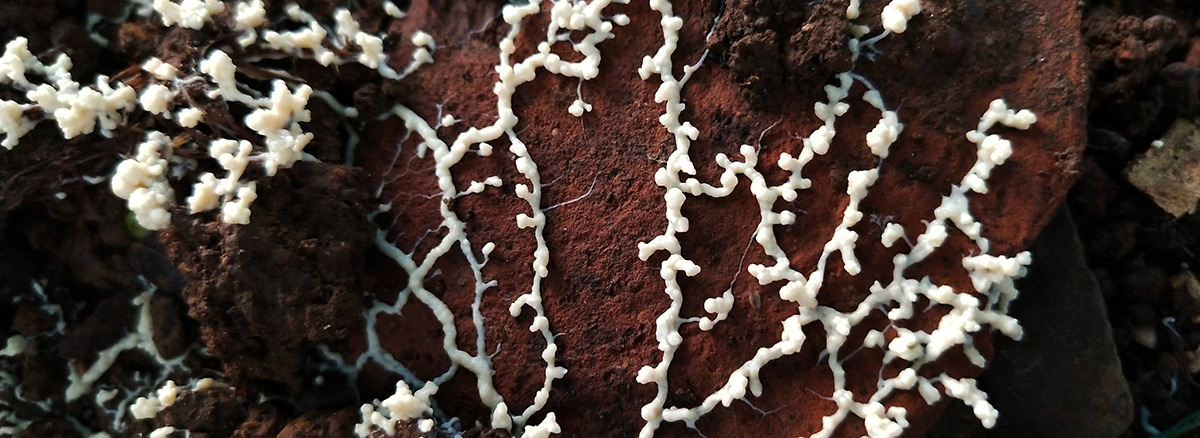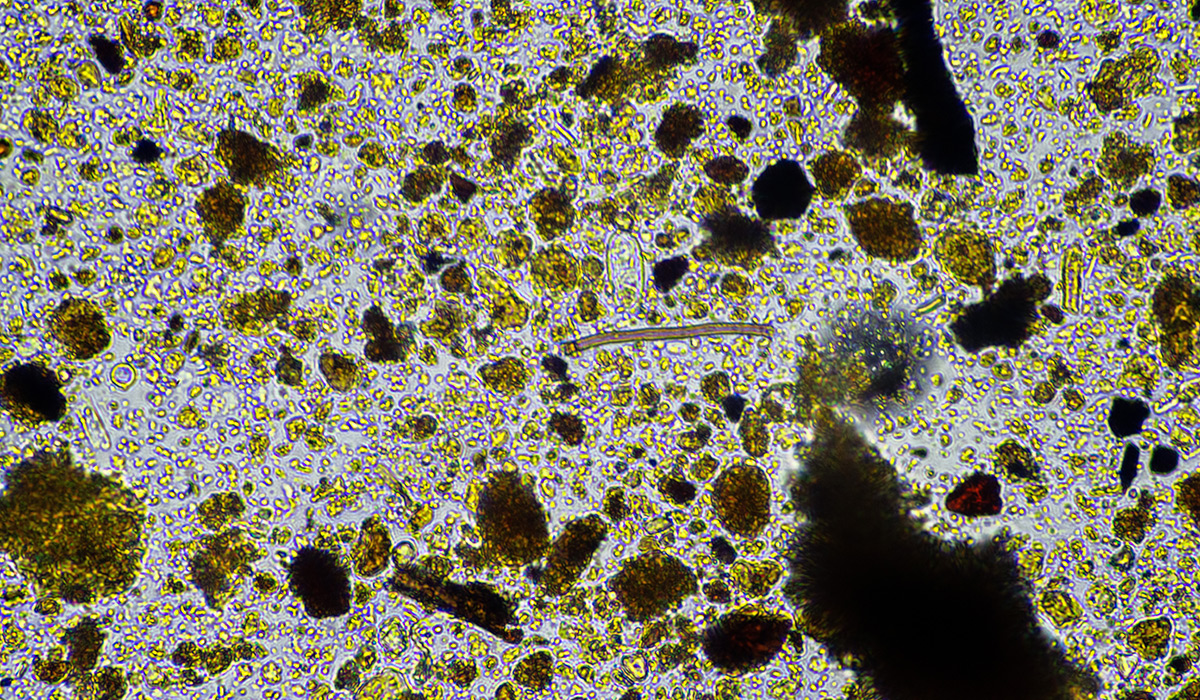The key role that microbes play in successful revegetation outcomes on disturbed mine site and roading projects
In the verdant world of plant life, the unsung heroes often lie beneath the surface. Healthy soil, bustling with microbial life, is not just beneficial for plants – it’s essential. This isn’t merely an opinion we’ve come to through our own data; it’s a conclusion backed by extensive scientific research from around the globe.
The microbial key to nutrient availability
Microbes, the tiny organisms at the heart of soil’s vitality, play a pivotal role in creating the ideal environment for plant growth and health—a role that often goes unrecognized. They are key in:
- Unlocking nutrients – Microbes play a crucial role in breaking down complex organic materials into forms plants can easily use, such as nitrogen, phosphorus, and potassium.
- Nitrogen fixation – Specialised bacteria, like Rhizobia, engage in a symbiotic relationship with legumes to convert atmospheric nitrogen into a form accessible to plants, reducing the need for chemical fertilizers.
- Mycorrhizal fungi – These fungi extend the reach of plant roots, enhancing their ability to absorb nutrients. They can even provide specific nutrients, like phosphorus, in exchange for sugars from the plant.

Building a strong foundation with improved soil structure
Microbes don’t just nourish plants; they also play a pivotal role in developing the soil’s physical structure:
- Aggregation – by binding soil particles together, microbes form aggregates that enhance the soil’s aeration, drainage, and water retention.
- Organic matter decomposition – The breakdown of organic matter by microbes results in the formation of humus, which enriches the soil with water and nutrients.
- Reduced Erosion – A robust soil structure leads to improved resistance against erosion, safeguarding both the soil and the plants it nurtures.
Microbes as Plant Guardians
The microbial population in the soil also serves as a natural defense mechanism for plants:
- Disease suppression – beneficial microbes can outcompete harmful pathogens, providing a natural barrier against disease.
- Induced systemic resistance – Certain microbes can activate the plant’s own defense mechanisms, making them more resilient to diseases and pests.
- Nutrient cycling – A healthy microbial community ensures efficient nutrient cycling, fostering the growth of strong, stress-resistant plants.
Understanding the crucial role of microbes in nutrient availability, soil structure, and plant protection is the reason our hydromulch solutions are infused with a proprietary blend of microbes, and it’s the reason the outcomes EnviroStraw’s hydromulch delivers our clients and contractors cannot be beaten.
It’s through this innovative approach that we not only support plant health from the ground up, but also prioritise the unseen life that sustains long-term regenerative outcomes.
